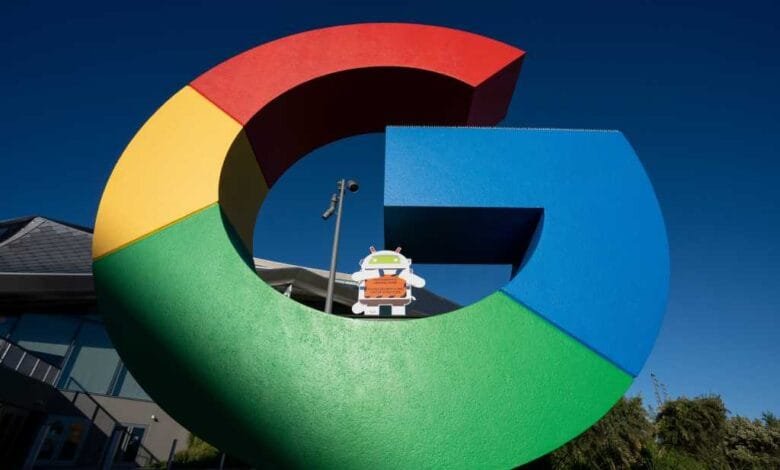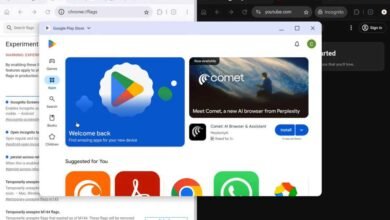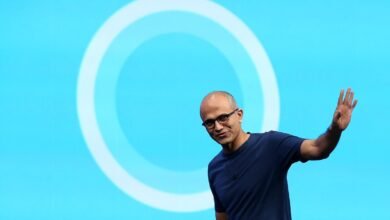Google Integrates AI into ChromeOS for Smarter PCs

▼ Summary
– Google is entering the AI PC market to counter Microsoft’s dominance in generative AI technologies within Windows 11.
– The company is integrating its Gemini AI services into ChromeOS to compete with Microsoft’s Copilot in Windows 11.
– Google aims to position Gemini as a strong alternative to Microsoft’s AI offerings on desktop systems.
– Microsoft defines AI PCs as laptops with specialized neural chips capable of running genAI tools offline.
– Microsoft launched Copilot+ PCs last year, featuring chips from Intel, AMD, and Qualcomm.
Google is bringing advanced AI capabilities to ChromeOS, positioning Chromebooks as serious competitors in the AI-powered PC market. The tech giant aims to challenge Microsoft’s dominance by embedding its Gemini AI directly into the Linux-based operating system that powers Chromebook devices. This move creates a direct alternative to Microsoft’s Copilot, which comes built into Windows 11 systems.
The integration focuses on delivering on-device AI processing without requiring constant internet connectivity. While Microsoft defines AI PCs as machines equipped with specialized neural processing units from partners like Intel and Qualcomm, Google’s approach leverages ChromeOS’s lightweight architecture to achieve similar functionality. The strategy could appeal to users seeking affordable, cloud-connected AI tools alongside traditional local processing.
Industry analysts note this development signals intensifying competition in the productivity software space. By embedding Gemini into ChromeOS, Google provides a seamless experience for tasks like smart suggestions, content generation, and workflow automation. The company appears to be targeting education and enterprise sectors where Chromebooks already have strong adoption.
Unlike Microsoft’s Copilot+ PCs that rely heavily on dedicated hardware, Google’s solution emphasizes software optimization across existing Chromebook hardware. This could lower the barrier to entry for AI features while maintaining ChromeOS’s reputation for speed and simplicity. The approach reflects Google’s broader strategy of making AI accessible without requiring expensive hardware upgrades.
As both companies refine their offerings, consumers stand to benefit from more choices in AI-enhanced computing. Whether through specialized chips or clever software integration, the race to dominate the next generation of productivity tools is clearly heating up. Early adopters will likely see these competing visions for AI PCs evolve rapidly throughout 2024.
(Source: COMPUTERWORLD)





